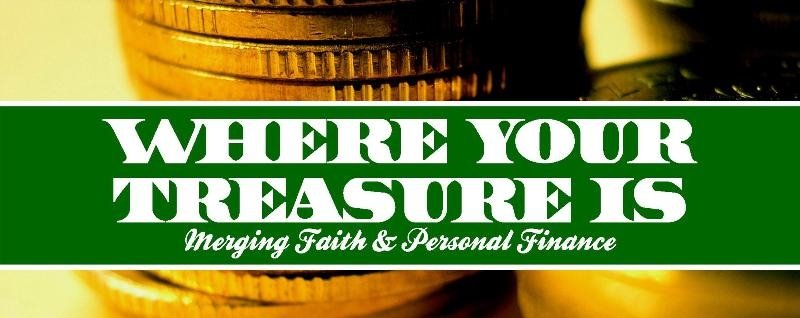
This 7th chapter is the one that contains the principles which have made Dave Ramsey as famous as he is. His disdain for debt is probably the number one reason why people listen to his show and read his books. Simply put, people are in debt, so they listen to Ramsey for help.
Chapter seven, "The Debt Snowball: Lose Weight Fast, Really," outlines how to finally pay off all those nagging debts that continue to strain your budget and, in turn, your life.
One of the key words in the chapter title is "fast." Ramsey, over and over, suggests doing anything legal and moral to get out of debt. Paying interest is a killer, financially, so the faster one is out of making payments, the better off he or she is in the long run. If it takes selling stuff, do that. If it means cutting way back on certain "extras" (like cable or internet), do it. If it means taking a 2nd or even a 3rd job, take that step. The idea is that, if you are willing to make those sacrifices now so you can remove the debt quickly, you can then begin to enjoy more things. It doesn't mean you don't still sacrifice (especially when it comes to paying off the mortgate); it just means you don't have to cut back to nothing once you are out of debt.
How long this step takes is really dependant upon two factors: (1) how much debt you have, and (2) how disciplined you are to pay off those debts.
So, baby step #2 is Start the Debt Snowball. Before giving the facts of how it works, let's define what we are paying off.
Anything and everything that we owe, except the mortgage. That means those medical bills with 0% interest. It means the $75 we owe to our sister. It means the car payment. It means the home equity loan and the 2nd mortgage. It means credit cards, store/charge cards and bills that are overdue. Everything that is not your regular mortgage (if you have one) goes on this list. Then, you start paying them off. How?
- List everything (as we just mentioned) that is debt.
- Organize those debts from the smallest amount you owe to the largest. We are not worried about interest rates unless they are totally outrageous (like from a PayDay loan).
- Make and stick to a budget that, simply put, has almost no "extras." Your focus should not be on what movie is playing this weekend, it should be on getting out of debt!
- Stay current on bills in your budget. Cut up credit cards. In other words, don't add any more debt!
- Using your budget, put every extra penny on your smallest debt, while paying minimums on everything else. Here's a brief example of what a list might look like: ($75 owed to sister--pay $75 this month; $450 owed to hospital--minimum payment of $65; $875 owed to MasterCard--minimum payment of $35; $9875 owed to GMC--payment of $278/month; $35000 for home equity line of credit--payment of $410/month).
- Once you have a debt paid off, cancel the account (if necessary). Make sure you get something in writing saying that the amount owed is $0 and the account is closed.
- Take what you were paying on that smallest debt, and add it to the next smallest debt. In our example from above, the smallest debt would be eliminated in the first month, so that $75 would now be added to the $65 (for a total of $140) to be paid to the hospital. When that is paid, take the $140 (from both debts) and add it to the $35 for Mastercard. From this small example, it is easy to see how the "snowball effect" works!
- Repeat this process until all debts are eliminated.
This step may take you a long time to finish, but the feeling is amazing. We are getting closer every day to being debt free, and it is a joy to watch those "amount owed" lines keep getting smaller!


No comments:
Post a Comment